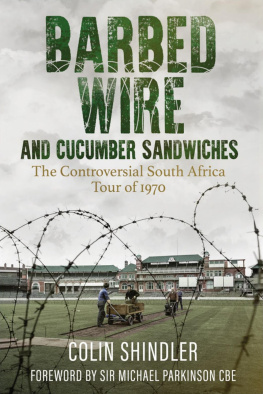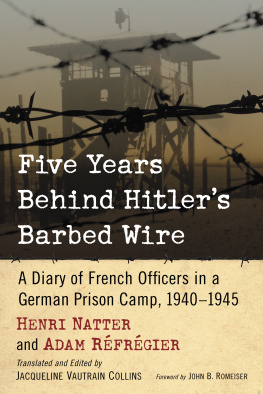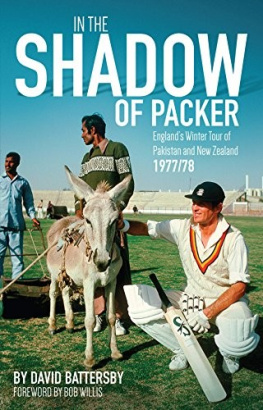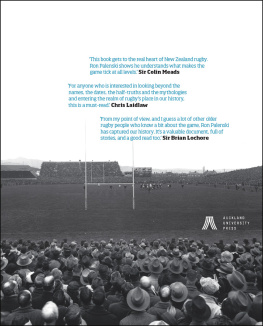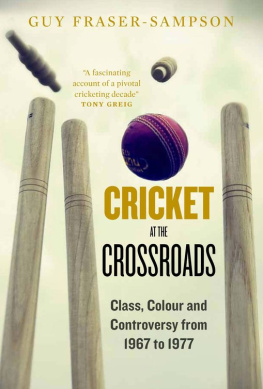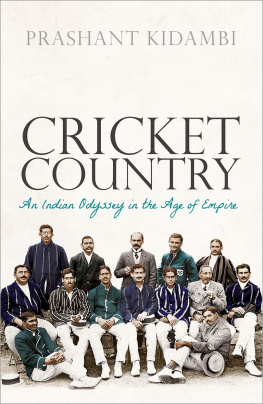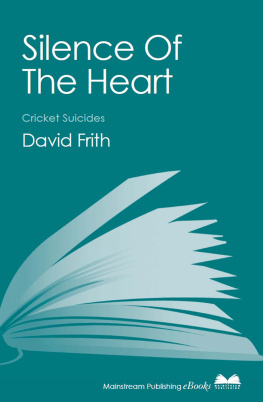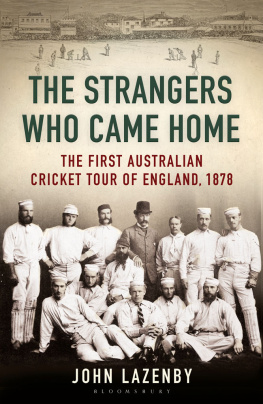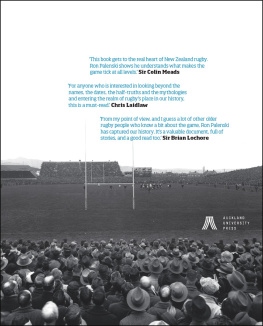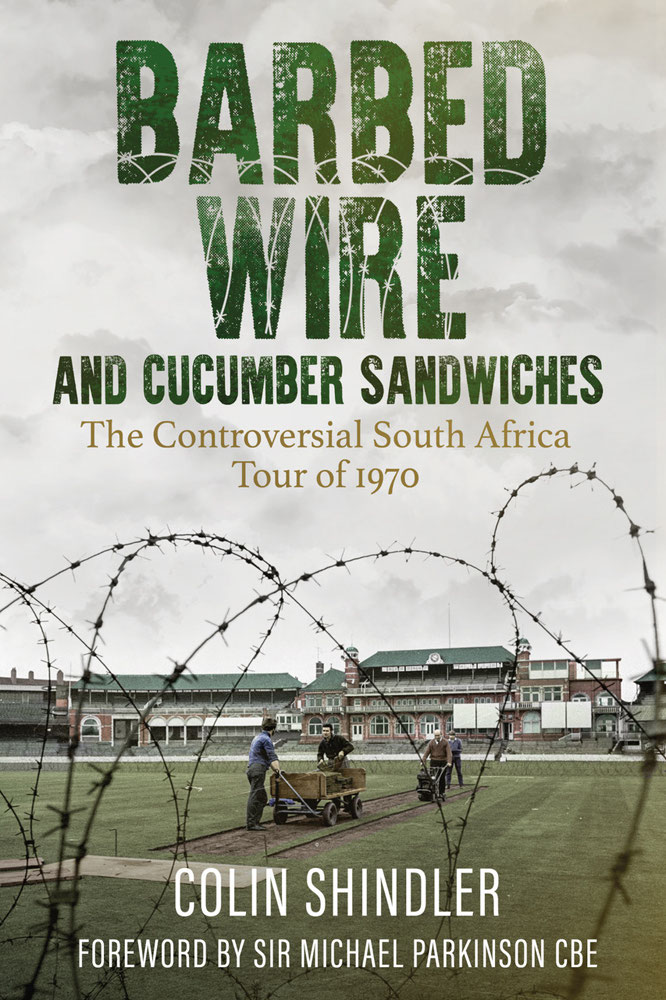First published by Pitch Publishing, 2020
Pitch Publishing
A2 Yeoman Gate
Yeoman Way
Durrington
BN13 3QZ
www.pitchpublishing.co.uk
Colin Shindler, 2020
All rights reserved under International and Pan-American Copyright Conventions. By payment of the required fees, you have been granted the non-exclusive, non-transferable right to access and read the text of this e-book on-screen. No part of this text may be reproduced, transmitted, downloaded, decompiled, reverse-engineered, or stored in or introduced into any information storage and retrieval system, in any form or by any means, whether electronic or mechanical, now known or hereinafter invented, without the express written permission of the Publisher.
A CIP catalogue record is available for this book from the British Library
Print ISBN 9781785316340
eBook ISBN 9781785317026
--
Ebook Conversion by www.eBookPartnership.com
Contents
DEDICATION
This book is for Tony and Ruth
for so many years of hospitality,
advice and great kindness.
ACKNOWLEDGEMENTS
MY first thank you is to Malcolm Lorrimer, the publisher of my Bob Barber biography, who gave me the idea for this book sitting in the sun at Old Trafford cricket ground. My second is to Jane Camillin at Pitch Publishing who gave me a commitment 24 hours after I sent them the first chapter. Previously, it had taken six months to get precisely nowhere and I was in danger of missing the start date to enable the book to be published on the 50th anniversary of the cancellation. Their speed of decision and unwavering support has made the writing of this book a pleasure. My thanks also to Graham Hales whose diligent aid with photographs and final editing was gratefully received.
I am grateful of course to the many people who spoke to me recalling the events of 1970. Among them are Lord Peter Hain, Mike Brearley, Peter Baxter, John Woodcock, Robin Marlar, Raymond Illingworth, Keith Fletcher, Peter Lever, Ken Shuttleworth, David Brown, Farokh Engineer, Jonathan Agnew, Mike Atherton, Bob Barber, Jim Cumbes and Jack Simmons.
Robert Curphey and his staff at the MCC Library at Lords could not have been more helpful in providing the original documents of the Cricket Council. Working there is like being locked up in a sweet shop when youre seven or seventy. This is the first book I have written in which I have been unable to read contemporary newspapers at the much loved British Newspaper Library in Colindale. Everything is now available at the British Library and accessible at the click of a mouse but I cant help pining for that old Art Deco building and the enormous leather-bound volumes delivered to your seat by workers in brown overalls. It gave a much better sense of working in an archive and digging for buried treasure. Key work too was done at the Cambridge University Library, a vital resource for me for 50 years.
Conversations which proved helpful at various times during research and writing were conducted with Stephen Chalke, Lawrence Booth, Lee Stribling, Michael Parkinson, Jon Holmes, Katherine Fisher and Michael Henderson. All mistakes, factual and analytical, are of my own making.
FOREWORD
THE controversial campaign to stop the 1970 tour by an all-white South Africa cricket team was one to which I fully subscribed at the time.
Looking back at the period covered by this book is to remember a different country. I believe Barbed Wire and Cucumber Sandwiches is an important document with a reach far beyond the boundaries of the game and the consequences profoundly affecting the way people regarded multi-racial sport. To be reminded of the stupidity of the executive, cricket and political, not to mention 21 million viewers watching The Black & White Minstrel Show is to be thankful that cricket has helped change things for the better in more ways than its being simply a contest of 22 flannelled fools.
Since 1992 South Africa has been gladly welcomed back into the community of cricket-playing nations but the painful struggle she endured in order to get there is a story that should never be forgotten. This book is a powerful reminder of those turbulent times.
Sir Michael Parkinson CBE
PREFACE
THE narrative of this book describes in detail the events leading up to the cancellation of the scheduled tour of England by South African cricketers in the summer of 1970. Hastily, after the MCC withdrew its invitation to the South African Cricket Association barely ten days before the tour was due to begin, it was further announced from Lords that England would instead play a series of five Test matches against a Rest of the World XI which, ironically, included five of the key players who would have arrived as part of the South African side (Graeme and Peter Pollock, Mike Procter, Barry Richards and Eddie Barlow). The matches turned out to be an absorbing affair. Perhaps they werent on the same level as the Ashes series of 2005 but after a decade of turgid, attritional Test cricket they were a breath of fresh air. England lost the series 4-1 but they should really have won the Fourth Test at Headingley, and it could even have been 3-2 to England or a 2-2 series draw with the Edgbaston match drawn, had the luck been with them. And yet it is the series that time forgot.
Working through reports and personal reminiscences it is hard to understand why the series failed to catch on and is scarcely remembered today. No book about the Rest of the World series graces the bookshelves of a lover of cricket history and when mentioned to modern cricket fans the series is frequently mistaken, at least initially, for the World Series Cricket financed by Kerry Packer towards the end of the decade. The cricket played by so many outstanding players was enticing enough to have warranted a far greater attendance than those few thousand who showed up most days. The only explanation lies in the basic desire of international cricket spectators to watch one country being pitted against another. Yet apart from Australia and to a lesser extent South Africa (as was) and West Indies, Englands matches against New Zealand, India and Pakistan, the other nations playing Test cricket in 1970, rarely attracted significant attendances until immigration from the subcontinent assumed significant proportions.
The story of the cancellation is not really a cricket story per se. If anything it is the story of generations in conflict. The MCC members, who in December 1968 had voted overwhelmingly in favour of their committee and their skilled handling of the DOliveira affair, were the bedrock of support for another series against an all-white team from South Africa. However, they were joined enthusiastically by many cricket lovers who were not necessarily dyed-in-the-wool members of the right wing of the Conservative Party. South Africa had in 1970 what was widely considered the best team in their history and the best team in world cricket at the time. The desire to sit in the sun and watch them play a full season of cricket including county and festival matches as well as the Tests was very strong among such people. For those of them who had fought in the war, watching cricket was the fundamental birthright of every Englishman. It was partly what they had been fighting for and it accounted for the remarkable and sustained boom in attendances at all kinds of cricket matches in the years following the end of the war in 1945. Anyone who wanted to stop them watching cricket were fascist killjoys.

